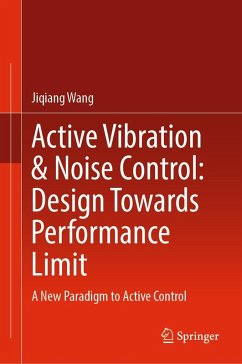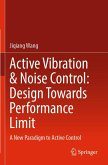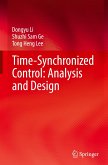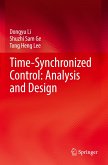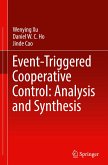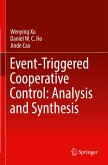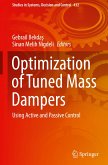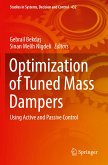The book is motivated by the pivotal issue: what is the performance limit of active control and energy harvesting? It aims to develop systematic design methodologies with a "visualization technique" where the performance limit can be readily determined solely based on visual inspections.
Modern technological systems have evolved toward high speed, heavy load, lightweight, flexible operation and extreme conditions, as demonstrated in aerospace, marine, transportation and manufacturing industries. The associated vibration and noise issues have become such problematic that they may significantly confine the performance of the systems, to say the discomfort at least.
Through the geometric representation of the performance specifications, fundamental issues such as (1) the existence of feasible controllers; (2) the optimality of controllers; (3) the performance limit of controllers; (4) compromisability among the performance specifications; (5) the synthesis of controllers; and(6) the influence of constraints on optimal solutions can all be resolved within the proposed framework. The state of the art is thus refined with a new approach complementary to those optimization-based routines, where extra effort would have to be exercised to disclose the compromisability of performance specifications.
The proposed book will result in a new design methodology-performance limit-oriented active control. It was initiated by the author with the project "Active Control for Performance Limit" (ACPL). A series of fundamental results are obtained and will be disseminated in this book. The results are verified through extensive numerical demonstrations and are expected to provide useful guidance for practical engineering in the vibration and noise industry and research.
Modern technological systems have evolved toward high speed, heavy load, lightweight, flexible operation and extreme conditions, as demonstrated in aerospace, marine, transportation and manufacturing industries. The associated vibration and noise issues have become such problematic that they may significantly confine the performance of the systems, to say the discomfort at least.
Through the geometric representation of the performance specifications, fundamental issues such as (1) the existence of feasible controllers; (2) the optimality of controllers; (3) the performance limit of controllers; (4) compromisability among the performance specifications; (5) the synthesis of controllers; and(6) the influence of constraints on optimal solutions can all be resolved within the proposed framework. The state of the art is thus refined with a new approach complementary to those optimization-based routines, where extra effort would have to be exercised to disclose the compromisability of performance specifications.
The proposed book will result in a new design methodology-performance limit-oriented active control. It was initiated by the author with the project "Active Control for Performance Limit" (ACPL). A series of fundamental results are obtained and will be disseminated in this book. The results are verified through extensive numerical demonstrations and are expected to provide useful guidance for practical engineering in the vibration and noise industry and research.

